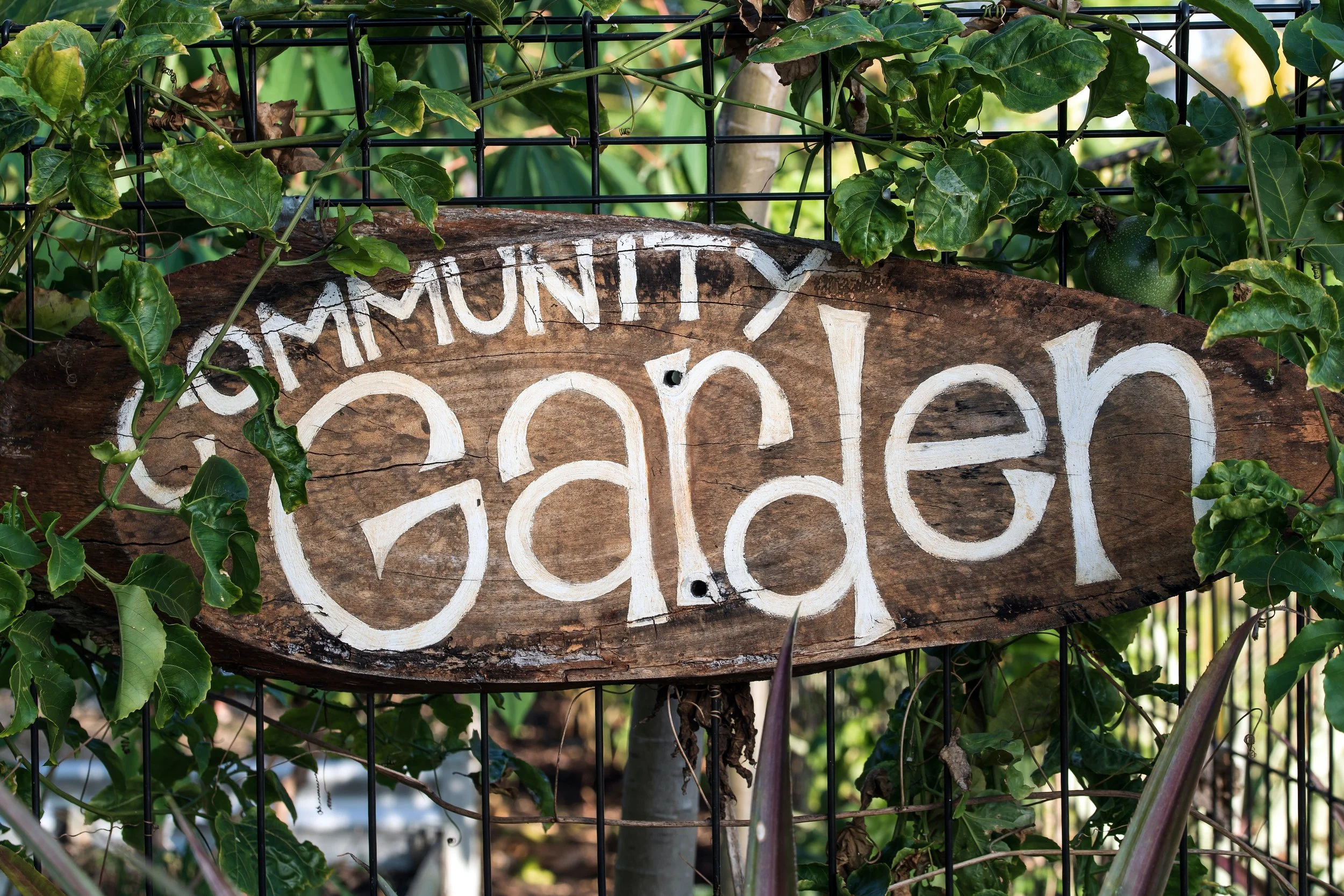Nestled amidst picturesque landscapes and coastal charm, Wellington, New Zealand, boasts a thriving network of community gardens that have bloomed into vibrant hubs of green camaraderie. These urban oases not only yield fresh produce but also nurture a sense of belonging and connection among participants. In this blog post, we will delve into the diverse community gardens in Wellington, highlighting the myriad benefits of belonging and participating in these local garden community groups.
Karori Community Garden - Nurturing Sustainable Bonds
The Karori Community Garden, situated in the heart of the suburb, fosters a close-knit community of gardeners committed to sustainability. Members collaborate to grow an array of fruits, vegetables, and native plants while practising eco-friendly gardening techniques. By sharing knowledge and resources, participants learn valuable skills in organic farming and permaculture.
Newtown Green Community Garden - Cultivating Inclusivity
Newtown Green Community Garden is renowned for its inclusive approach, welcoming people from various cultural backgrounds and age groups. This diverse mix of participants creates an enriching atmosphere where individuals can exchange cultural insights and gardening traditions. Such cohesion strengthens the social fabric of the area, promoting understanding and harmony.
Benefits of Belonging and Participating
Physical and Mental Well-being: Active gardening is a natural stress-reliever, promoting physical exercise and improving mental health. The act of tending to plants and watching them grow instills a sense of purpose and accomplishment, enhancing overall well-being.
Fostering Local Connections: Community gardens act as a meeting point for residents, bridging the gap between neighbours and promoting a keen sense of community. The bonds formed here often extend beyond the garden, making the entire neighbourhood a safer and more connected place.
Educational Opportunities: Novice gardeners benefit from the collective knowledge of experienced members, gaining insights into sustainable practices, plant care, and the importance of biodiversity.
Food Security: In an ever-changing world, community gardens provide a localized solution to food security challenges. The produce grown here supplements household food supplies and reduces dependency on distant supply chains.
Positive Impact on the Area, City, and World
Green Spaces and Biodiversity: Community gardens introduce green spaces into urban environments, countering the concrete jungle and promoting urban biodiversity. These havens attract pollinators, creating a conducive environment for a range of flora and fauna.
Climate Mitigation: Urban green spaces play a crucial role in mitigating climate change by sequestering carbon dioxide and reducing the heat island effect. Community gardens contribute to the city's efforts to combat climate change.
Sustainable Practices: By focusing on organic gardening and permaculture techniques, community gardens in Wellington set an example for sustainable urban living. These practices have a cascading effect on local and global environmental sustainability.
Empowering Local Economies: As participants grow their own food, they become less reliant on commercial supply chains. This increased self-sufficiency bolsters local economies and reduces the city's ecological footprint.
Who Participates and Types of Plants
People of all ages, backgrounds, and skill levels are welcome in Wellington's community gardens. From retirees with decades of gardening experience to young families eager to connect with nature, these gardens are truly inclusive.
The types of plants grown in these community gardens are diverse, ranging from common vegetables like tomatoes, lettuce, and beans to indigenous and native plant species.
This biodiversity not only enhances the gardens' ecological value but also supports efforts to conserve New Zealand's unique flora.
The community gardens in Wellington, New Zealand, have blossomed into vital green spaces that cultivate not just plants but also bonds between people.
These urban oases offer a myriad of benefits, including physical and mental well-being, fostering local connections, and promoting sustainable practices.
As participants reap the rewards of their labour, the city and the world also benefit from reduced ecological footprints and increased resilience to the challenges of a changing climate.
Through their commitment to cultivating the land and nurturing connections, these garden communities in Wellington set a powerful example for sustainable living and a greener future for all.
I hope you enjoyed this article and are planning to start your own Community Garden soon.
Julian Farquhar
for Wellington Today

